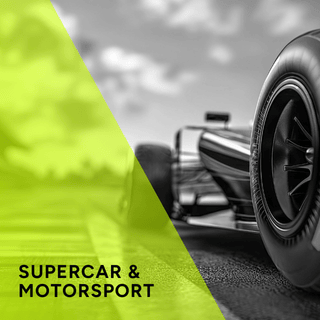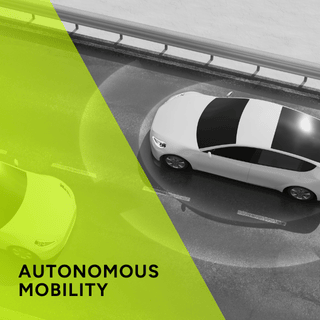Is Formula E the Future of Motorsport?
Pre 2014, motorsport was defined by the deafening roar of hybrid engines, shaking the ground as race cars sped past. Fast forward to today, and Formula E has emerged as a groundbreaking and sustainable alternative to traditional racing. Launched in 2014, this all-electric series is pushing technological boundaries while championing clean energy solutions.
Admittedly, few sounds can rival the exhilaration of a V12 engine at full throttle, but as the world shifts towards sustainability, it’s becoming harder to ignore Formula E’s growing presence. Could it one day surpass Formula 1 to become the dominant form of motorsport?
The Rise of Formula E
Formula E was created with a vision – to combine racing excitement with environmental consciousness. Unlike conventional race cars, Formula E cars run solely on battery power, eliminating carbon emissions and reliance on fossil fuels.
The championship is also unique in its approach to racing. With street circuits in urban environments, Formula E brings motorsport closer to the fans, offering accessibility that many traditional series lack.
The Sustainability Factor
One of Formula E’s strongest advantages is its commitment to sustainability. As global regulations tighten around emissions, traditional motorsports are facing increasing pressure to reduce their environmental impact. Formula 1, for instance, has introduced hybrid engines and biofuels to lower its carbon footprint, but the long-term viability of future racing remains uncertain.
Formula E, on the other hand, aligns perfectly with the global push for electrification. As this shift continues, Formula E is positioned to become the racing series that best represents the future of transportation.
Challenges Ahead
Despite its promise, Formula E still faces hurdles before it can claim the title as the number one motorsport category. One major challenge is performance – while Formula E cars have improved significantly, they are still slower than F1 cars. The limited range of electric batteries also restricts race durations, forcing mid-race car swaps in the early seasons.
Another obstacle is its global popularity. After 75 years of F1, the sport maintains a loyal fanbase built over decades of racing history, whereas Formula E is still establishing its identity. Many motorsport enthusiasts argue that the roar of an engine is an irreplaceable part of the racing experience, something Formula E lacks entirely.
A Complement, not a Replacement?
Rather than replacing Formula 1 and other traditional racing series, Formula E may continue growing as a complementary championship. The future of motorsport could see electric racing alongside hybrid and biofuel-powered competitions, each catering to different audiences and technological advancements.
Regardless of whether Formula E ultimately overtakes Formula 1, its impact on motorsport is undeniable. By pioneering new technologies and shifting towards sustainable racing, Formula E is shaping the way motorsport will evolve in the years to come.
What do you think? Could Formula E become the new pinnacle of motorsport, or will hybrid engines remain at the heart of racing culture?







